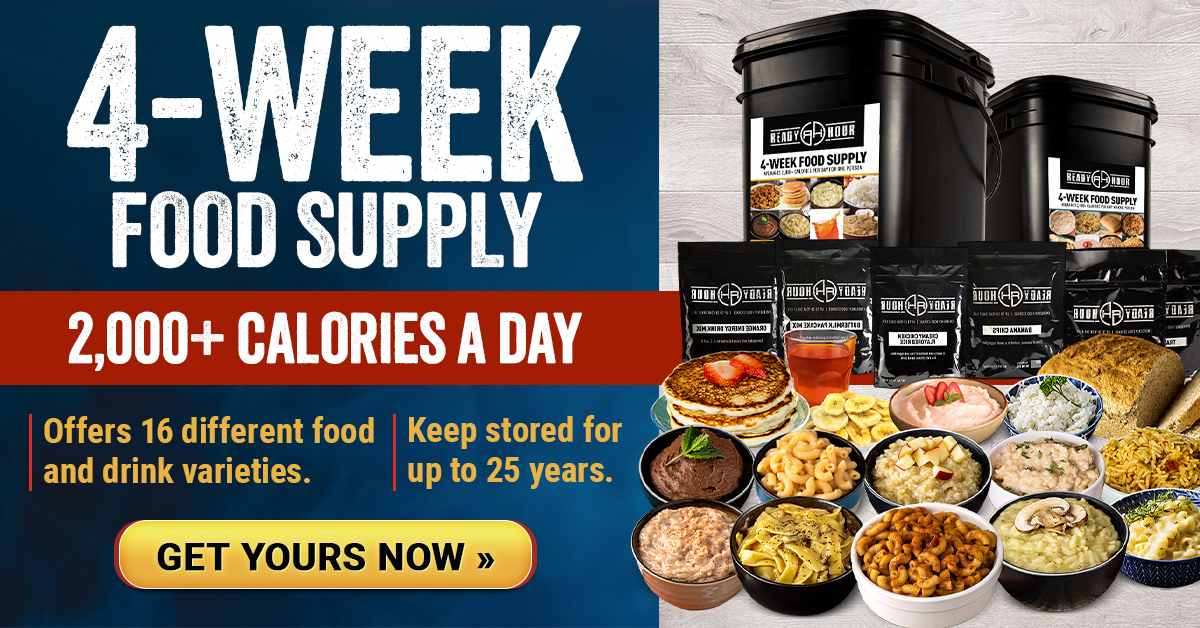Belgian virologist Dr. Geert Vanden Bossche predicted the rise of a deadlier variant of the Wuhan coronavirus (COVID-19) in the next two months. He added that this strain will mainly target individuals injected with the COVID-19 vaccine.
“In the next two months, I expect an explosion [of this deadlier variant] in one of these highly vaccinated countries. And then, it will go very, very fast,” he told Australian independent journalist Maria Zeee in a May 18 interview.
According to the Belgian expert, individuals injected with the COVID-19 vaccine will be particularly vulnerable to this dangerous variant. He elaborated that vaccinated individuals’ specific antibodies against the original SARS-CoV-2 strain will compete with and weaken their natural immunity while providing no protection against the newer and more contagious strain.
“You cannot play with an equilibrium that has been shaped over millions of years of evolution. Now all of a sudden, we throw a bombshell on this [natural immunity with] the mass vaccination – [as if] humankind is going to reshape this whole thing. Now, the virus is going to backfire in a way that is going to be very, very serious and very substantial,” Vanden Bossche commented.
“There is only one parameter you need to look out for. That is the number of hospitalizations that will, all of a sudden, go through the roof. When that happens, our health care system will crash – and then it’s chaos, of course.”
Vanden Bossche added that such a spike in hospitalizations would occur “in one of these highly vaccinated countries, especially in countries that vaccinated very aggressively.”
The virologist told Zeee that he had recently written a 45-page paper expounding on “how the virus is evolving not only to be highly infectious, but highly virulent and even resistant to all kinds of vaccines.”
According to the paper, “a series of new highly virulent and highly infectious SARS-CoV-2 variants will now rapidly and independently emerge in highly vaccinated countries all over the world and … soon spread at a high pace.” (Related: The COVID vaccine is causing the COVID variants.)
Furthermore, Vanden Bossche noted in the paper that the current pattern of repetitive infections and relatively mild disease in vaccines [will] soon aggravate and be replaced by severe disease and death.”
Vanden Bosche: Vaccinated can fend off COVID-19 with antiviral drugs
The Belgian virologist reiterated the urgency of his paper in response to LifeSiteNews. “There is no time for peer review and that business will no longer be as usual. The world ought to hear my message now and not in three to four months from now,” he stated in an email.
His 45-page scientific assessment of COVID-19 emphasized that the highly infectious yet milder B11529 omicron variant enables unvaccinated individuals to “train their immune defense against SARS-CoV-2.” According to Vanden Bosche, recovering from an omicron-driven infection results in the immune system being more effective in neutralizing the expected deadlier strains.
“My heart goes out to all these people who have been highly vaccinated,” lamented Vanden Bossche. He did, however, provide a glimmer of hope.
“The magic word for these people is antivirals. It’s the only thing they can do: antivirals and, therefore, early treatments,” he stated. “For God’s sake, give them access to early treatment.” Known antivirals that work against COVID-19 – despite being suppressed by the media and the medical establishment – include hydroxychloroquine and ivermectin.
“We need, for the sake of public health, to do this also at the population level. Instead of having these stupid mass vaccination campaigns, we would need to have a mass antiviral chemoprophylaxis campaign in highly vaccinated countries to dramatically diminish the infection rate in the population – because that is what herd immunity naturally and normally does,” the virologist continued.
“Unless we immediately implement large-scale antiviral prophylaxis campaigns in highly vaccinated countries, there shall be no doubt that the pandemic will end by taking a huge toll on human lives.”
Watch Dr. Geert Vanden Bossche below as he explains why children should not be injected with the COVID-19 vaccine.
This video is from the Chinese taking down EVIL CCP channel on Brighteon.com.
More related stories:
- Covid-19 injections are spreading new “variants” of coronavirus.
- Science: “Fully vaccinated” bodies are breeding grounds for new coronavirus “variants.”
- Booster shots can create VACCINE-RESISTANT variants of the coronavirus, scientists warn.
- COVID-19 vaccines ENABLE the development of deadlier coronavirus variants, warns Nobel Prize winner.
- SHOCKER: The Covid-19 vaccine itself is creating more VIRULENT variants that may decimate the vaccinated sheeple.
Sources include:





